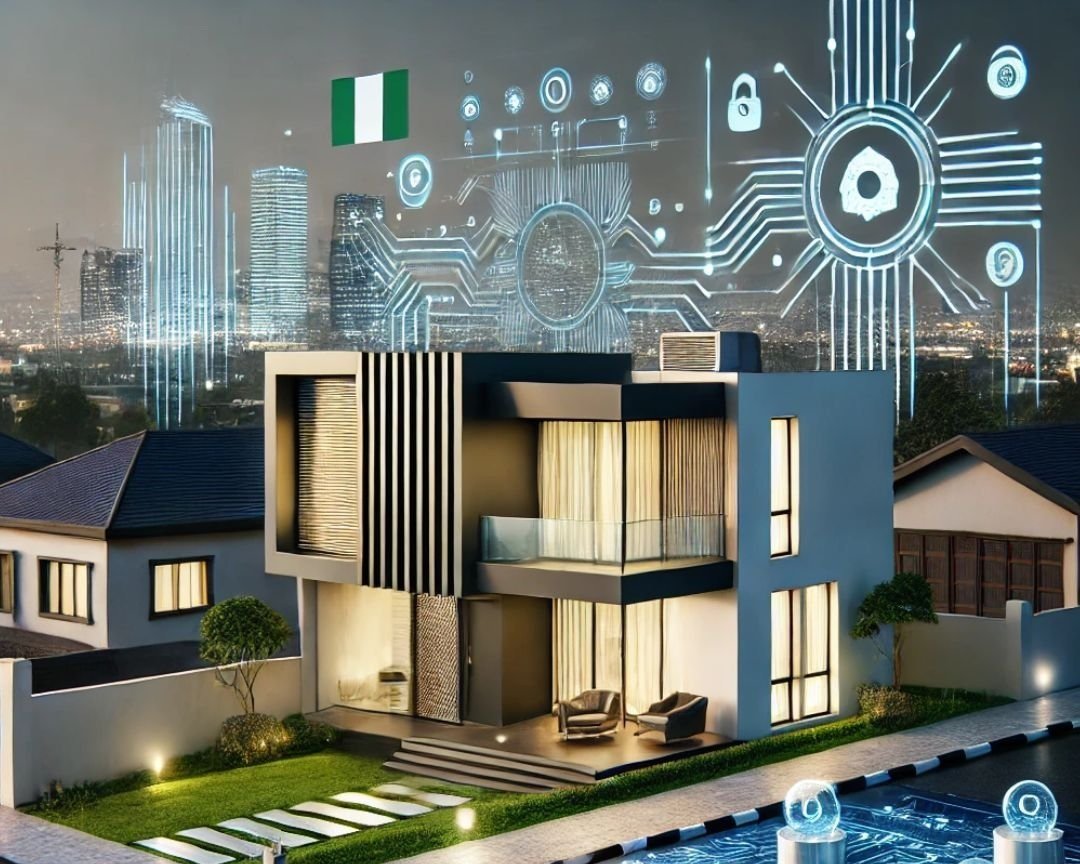Can Smart Homes in Nigeria Become the Standard, or Is It Just a Trend for the Wealthy?
Smart homes, designed with cutting-edge technology for automation and convenience, are slowly entering Nigeria’s real estate scene. But the question remains: Will these tech-enabled homes become the standard for Nigerian living, or are they merely a fleeting trend for the wealthy?
Smart Homes: The Next Standard?
Smart homes offer a range of benefits that could transform the housing market in Nigeria. From energy-efficient systems to automated lighting, security, and appliances, these homes promise a more convenient and secure way of living. In cities like Lagos and Abuja, where energy management and security are key concerns, smart homes could address long-standing issues, making them highly attractive for urban dwellers.
For property developers and investors, integrating smart technologies into new housing projects could add significant value, aligning with global trends and attracting tech-forward buyers. The adoption of these homes could push Nigeria’s real estate market into a more modern, tech-driven era, setting a new standard for future developments.
A Trend for the Wealthy?
However, the current reality is that smart homes are mostly accessible to the wealthy. The high cost of the technology, coupled with the expenses of installation and maintenance, limits the market to affluent individuals seeking luxury living. For many middle-income Nigerians, the idea of owning a smart home remains out of reach, reinforcing the notion that these homes are more of a status symbol than a practical solution for the majority.
Bridging the Gap
For smart homes to become a standard rather than a luxury, costs need to come down significantly. Developers could work on more affordable, scalable solutions that allow for smart technology integration in a wider range of homes. Government policies encouraging energy-efficient, tech-enabled buildings could also help expand the market. With the right innovations and incentives, smart homes could become more accessible to the average Nigerian homeowner.
Conclusion
While smart homes have the potential to become a standard feature in Nigeria’s real estate market, their current high costs restrict them to a small, wealthy segment. The future of smart homes in Nigeria depends on how quickly the technology becomes affordable and how developers and policymakers address the needs of a broader audience. Until then, smart homes remain a symbol of luxury—perhaps a glimpse of what the future could hold.

